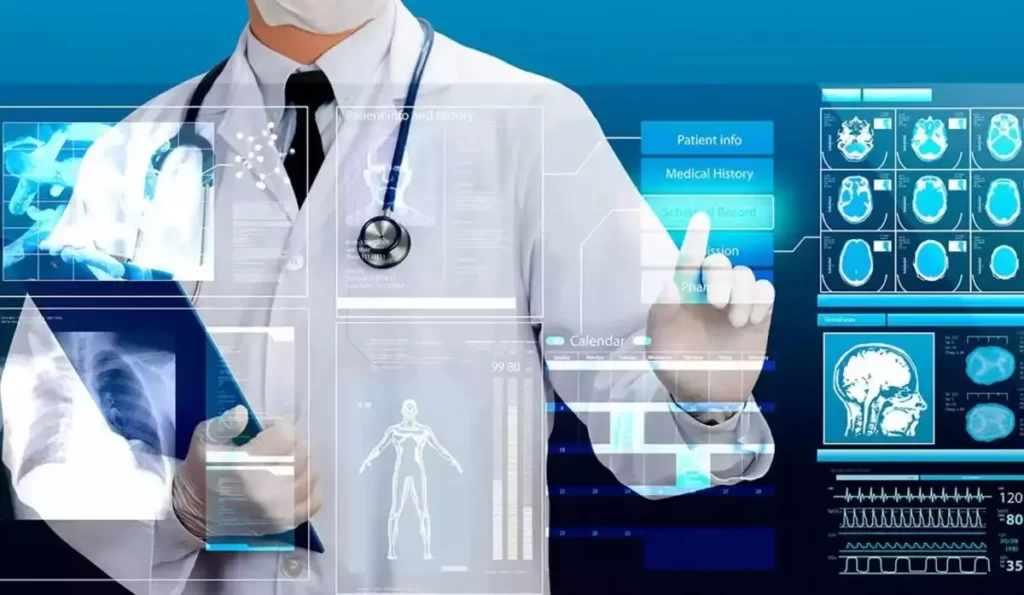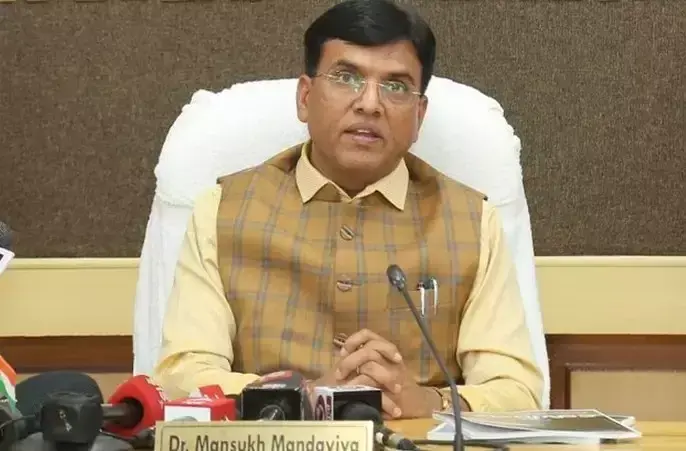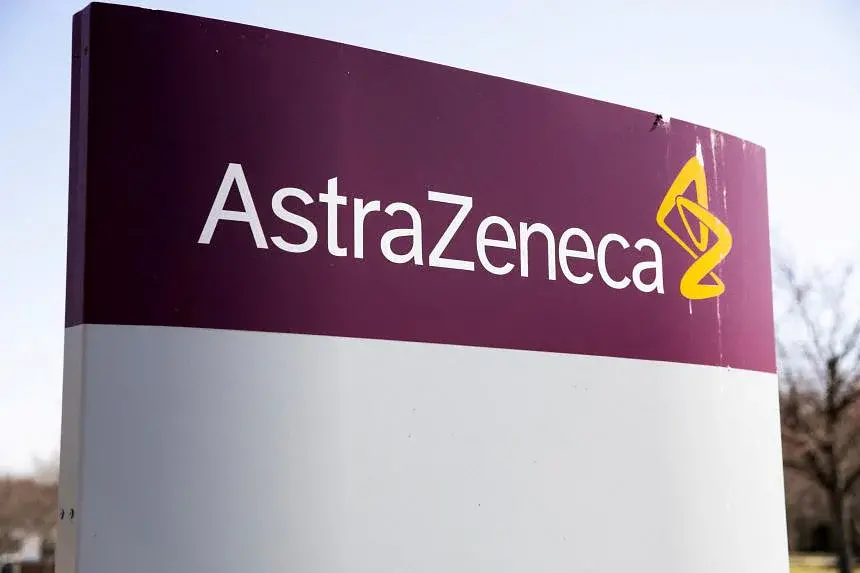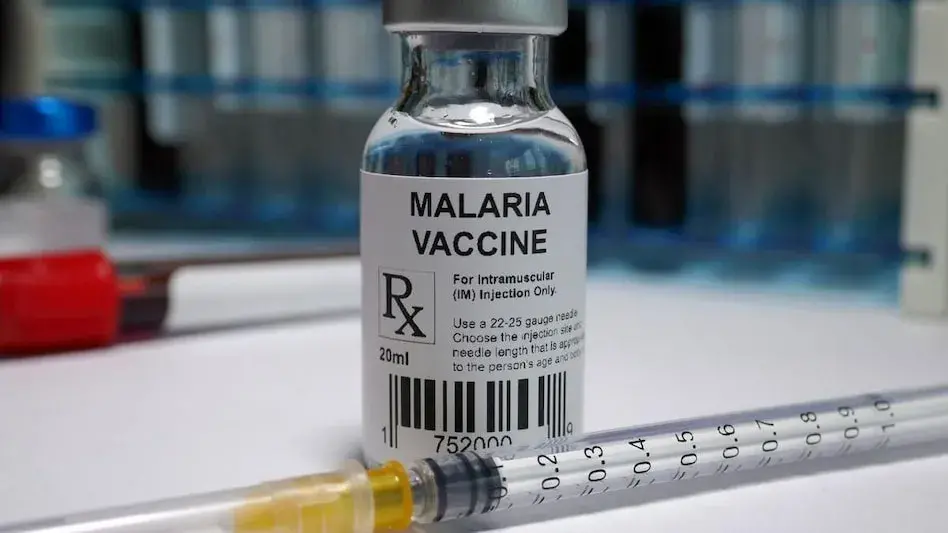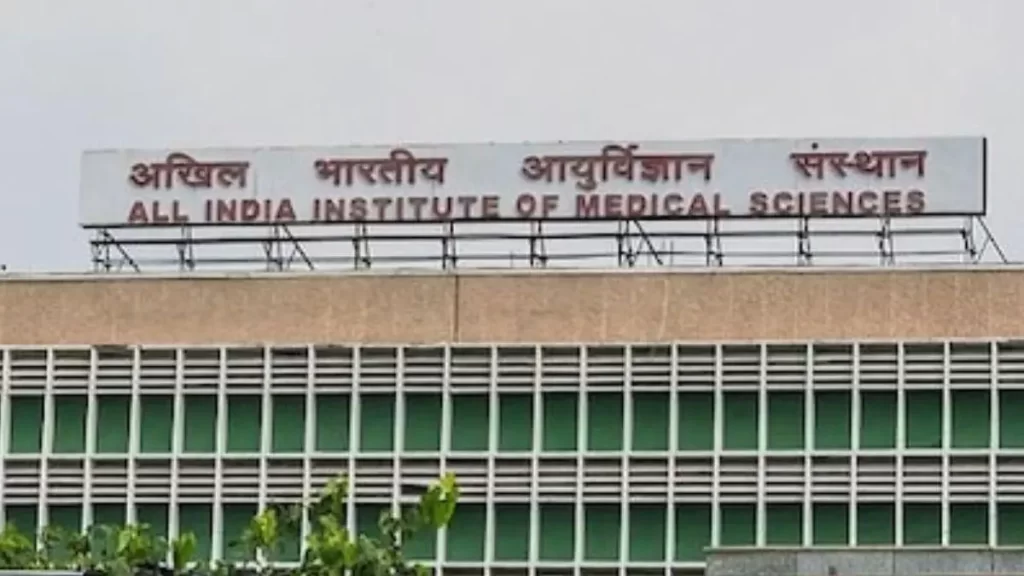Healthcare digital transformation is being slowed down by inflation and rising costs: GlobalData
According to a survey conducted by GlobalData, 58% of healthcare industry professionals worldwide think that initiatives involving the adoption of cutting-edge technologies like artificial intelligence (AI), big data, cloud computing, application programming interfaces (API), and others will be slowed down by inflation and rising costs. According to a survey that was included in GlobalData’s most recent report, “Digital Transformation and Emerging Technology in the Healthcare Industry – 2022 Edition,” 63% of North American professionals in the healthcare and pharmaceutical industries predicted that inflation would have an impact on their business units’ digitalization initiatives. 55% of industry professionals in Europe and 47% in the Asia-Pacific regions shared the same viewpoint. Rising labour and material costs have taken centre stage in 2022, according to Elton Kwok, Market Research Manager of Pharma at GlobalData. It is anticipated that inflation would put some pressure on the profit growth of the pharmaceutical industry, leading to a decline in investment activities that could have an influence on digital transformation initiatives. Inflation and cost concerns may force organisations to reduce their attention on and investment in these projects. Digitalization needs funds, time, and expertise. The power of technologies to promote cost reduction, however, led more than 20% of survey participants to conclude that inflation may in fact function as a stimulus for attempts to implement digital transformation. According to Kwok’s conclusion, even though emerging technologies entail a large investment in terms of time, labour, and money, some organisations continue to find them attractive.

